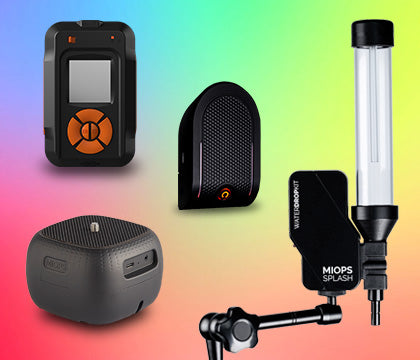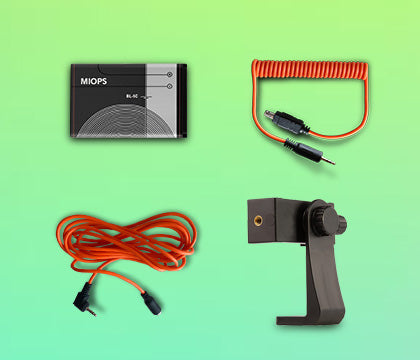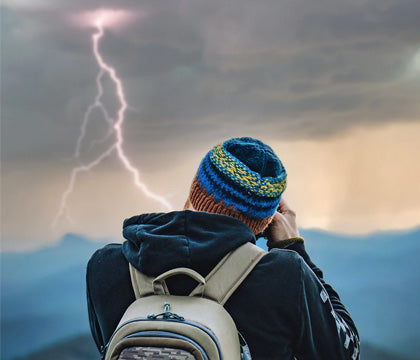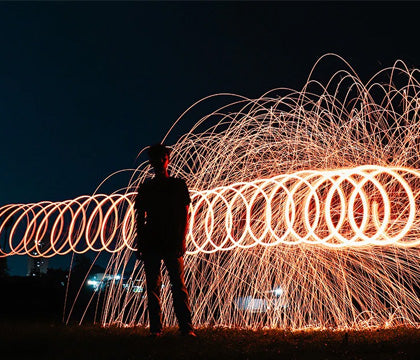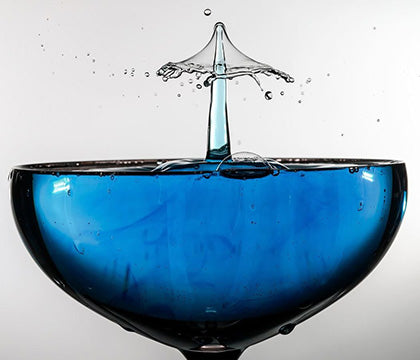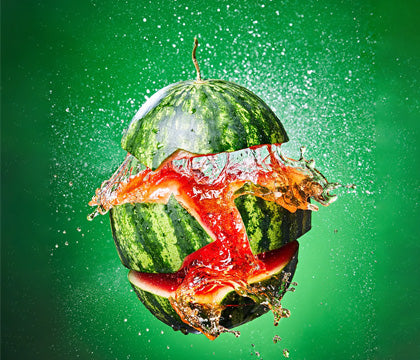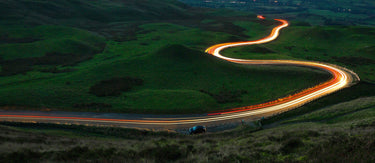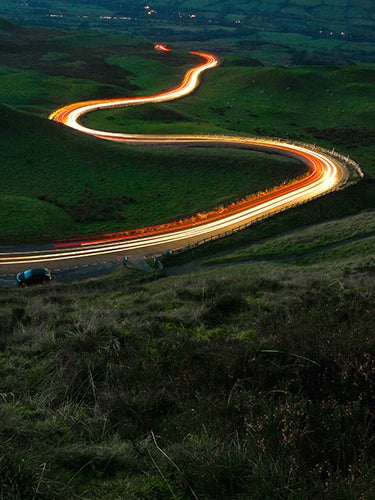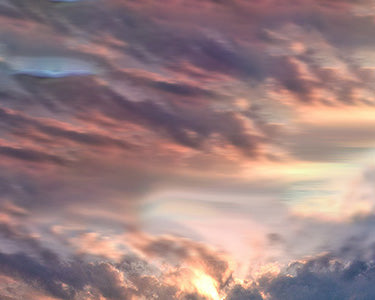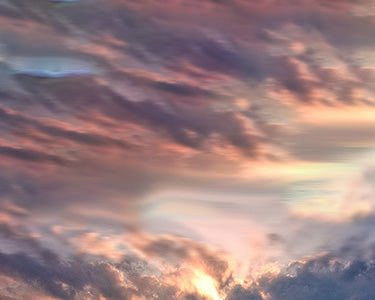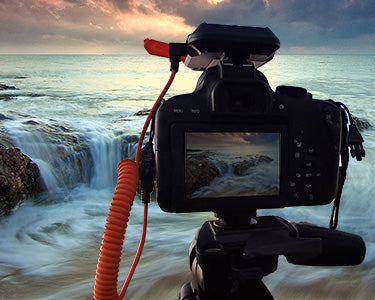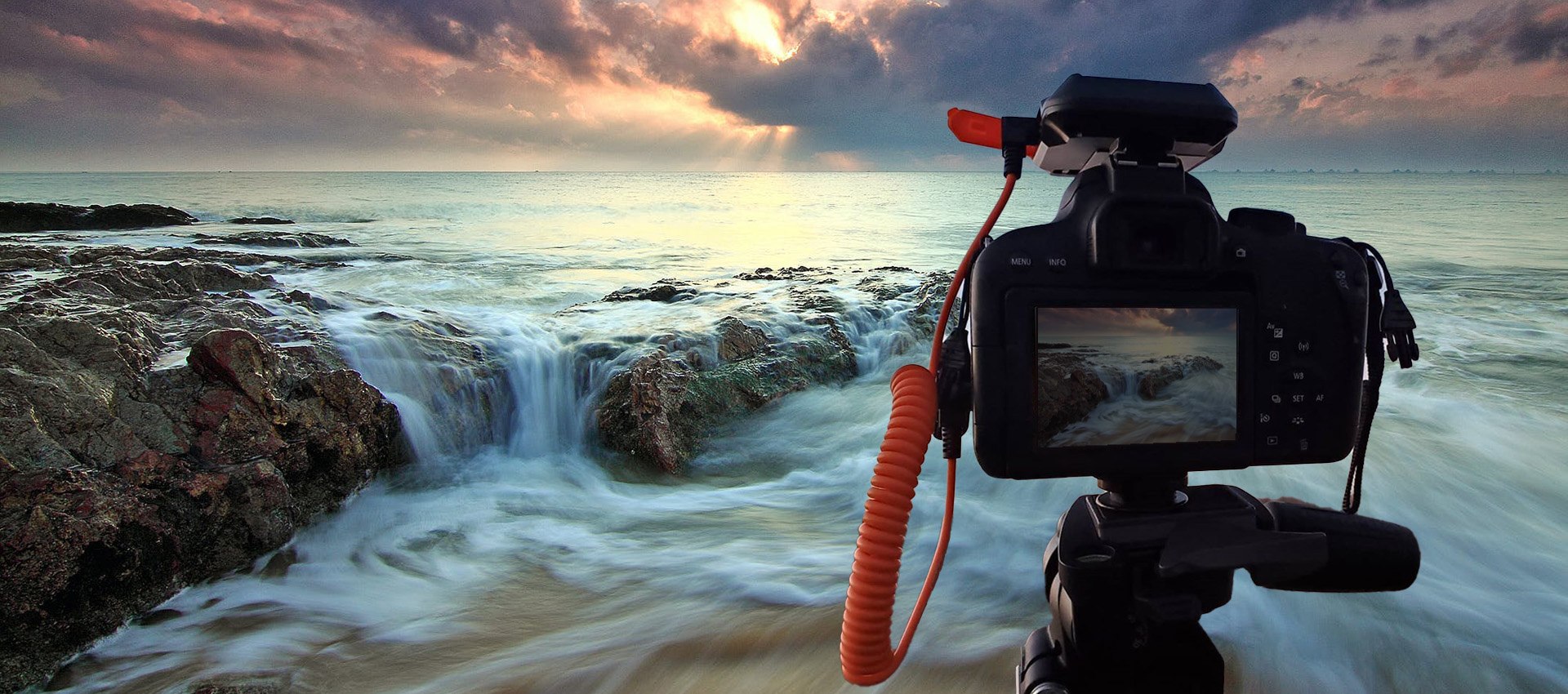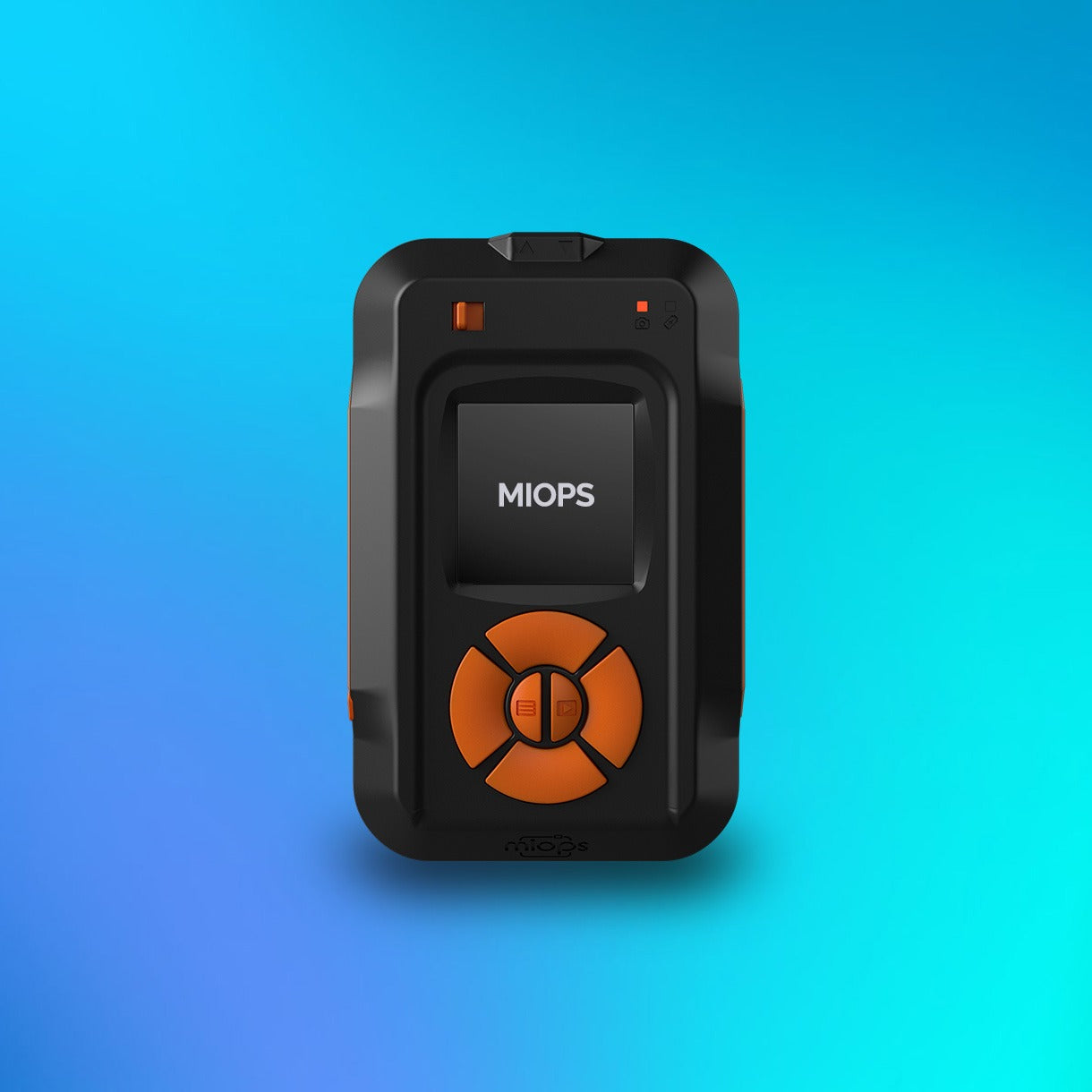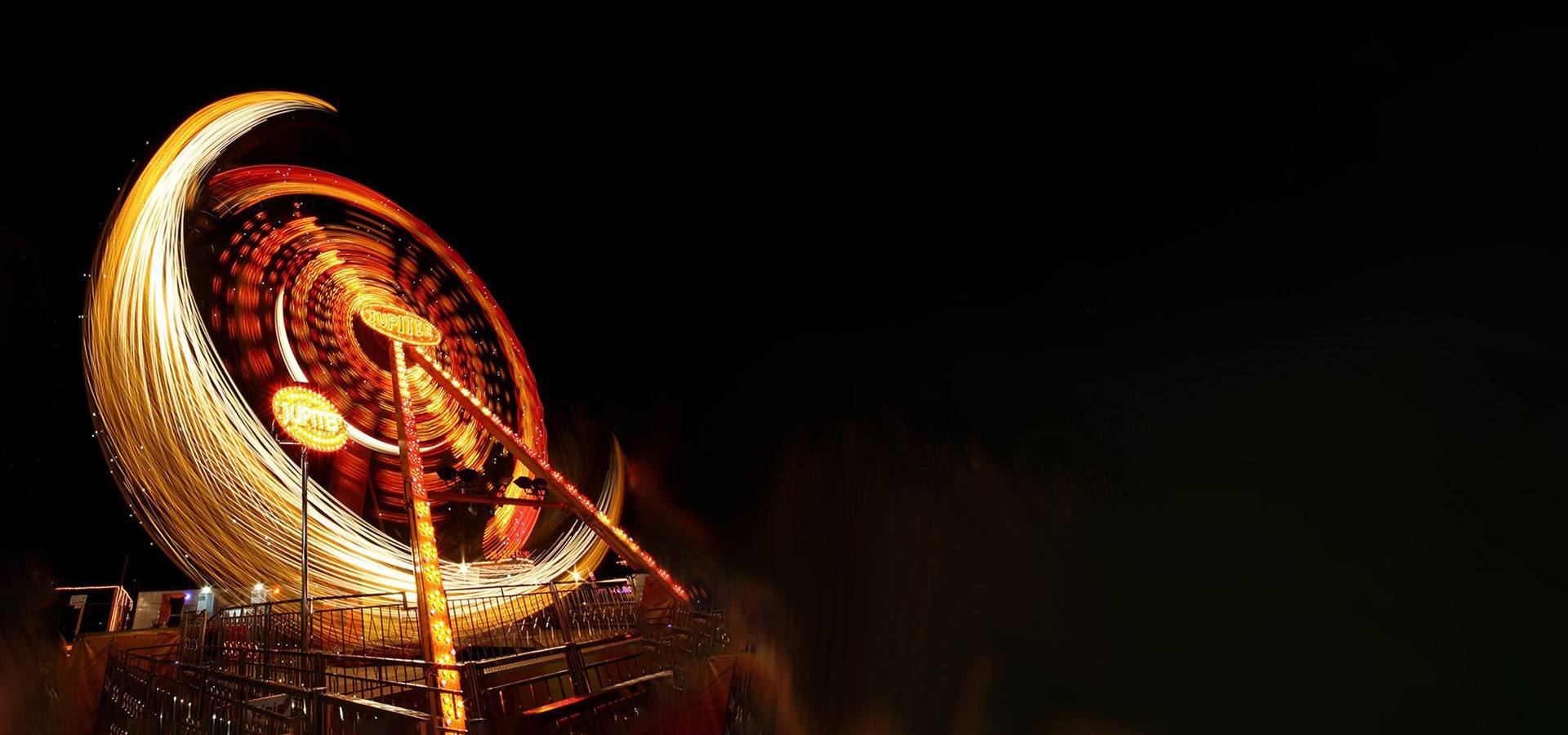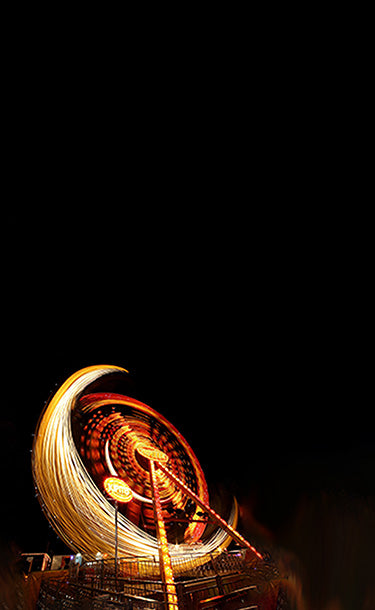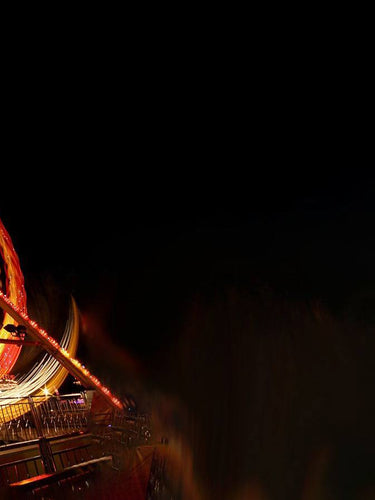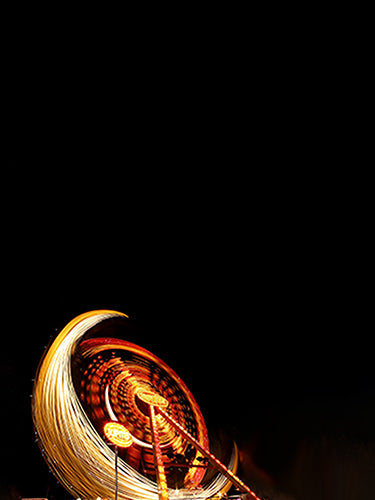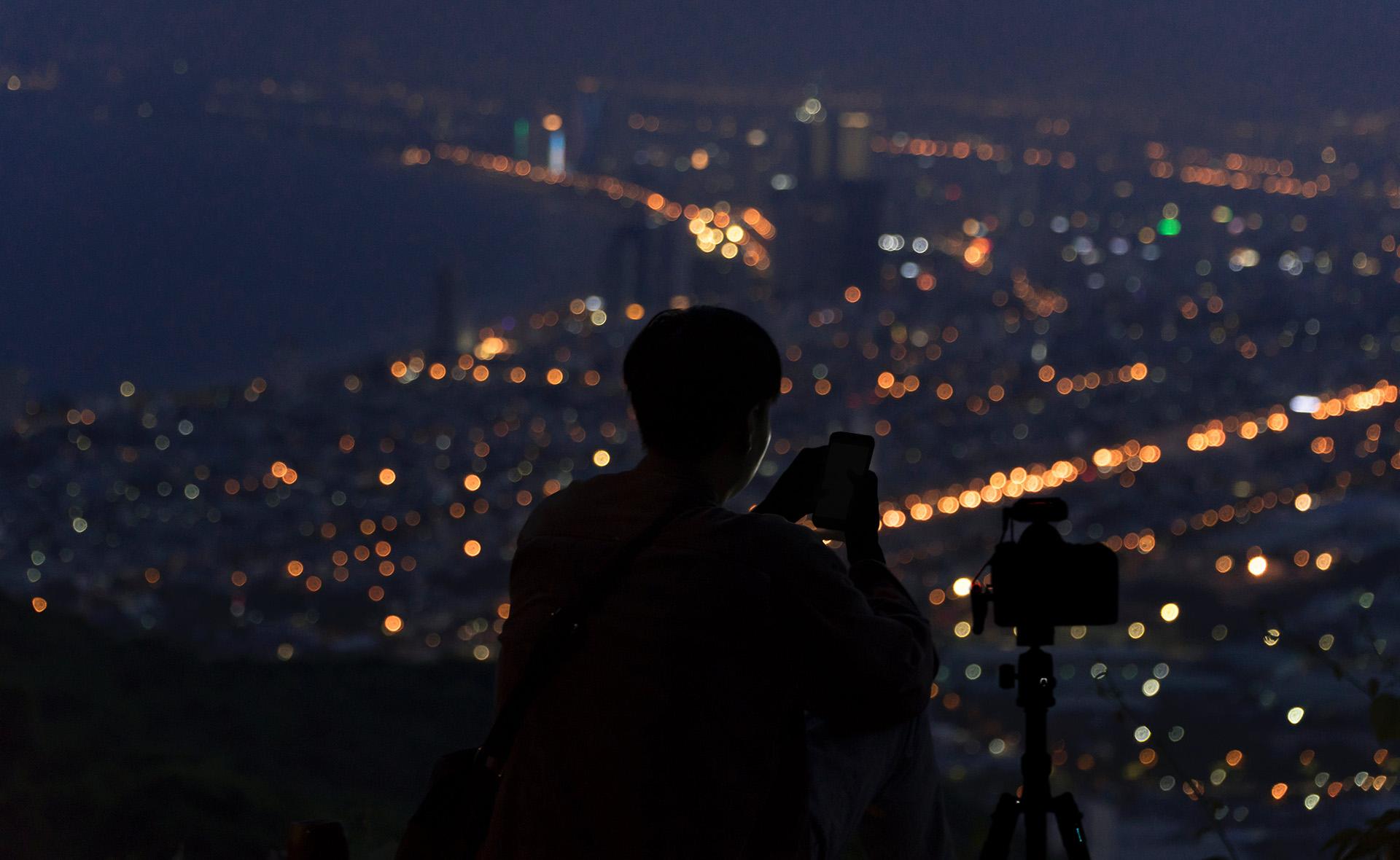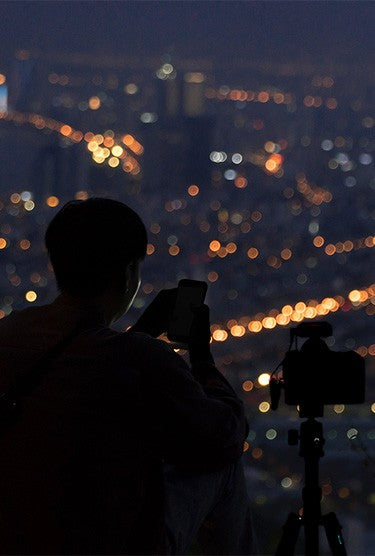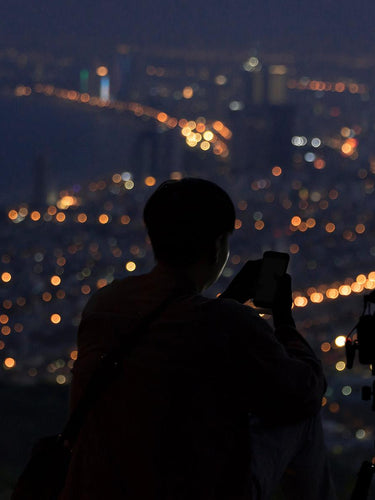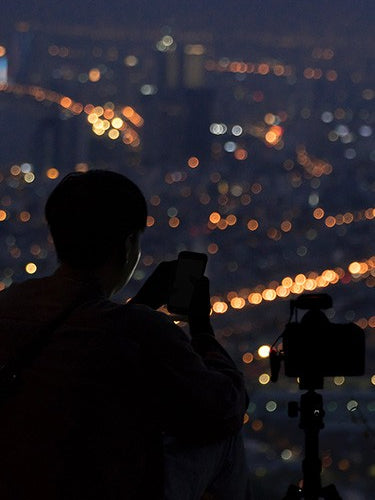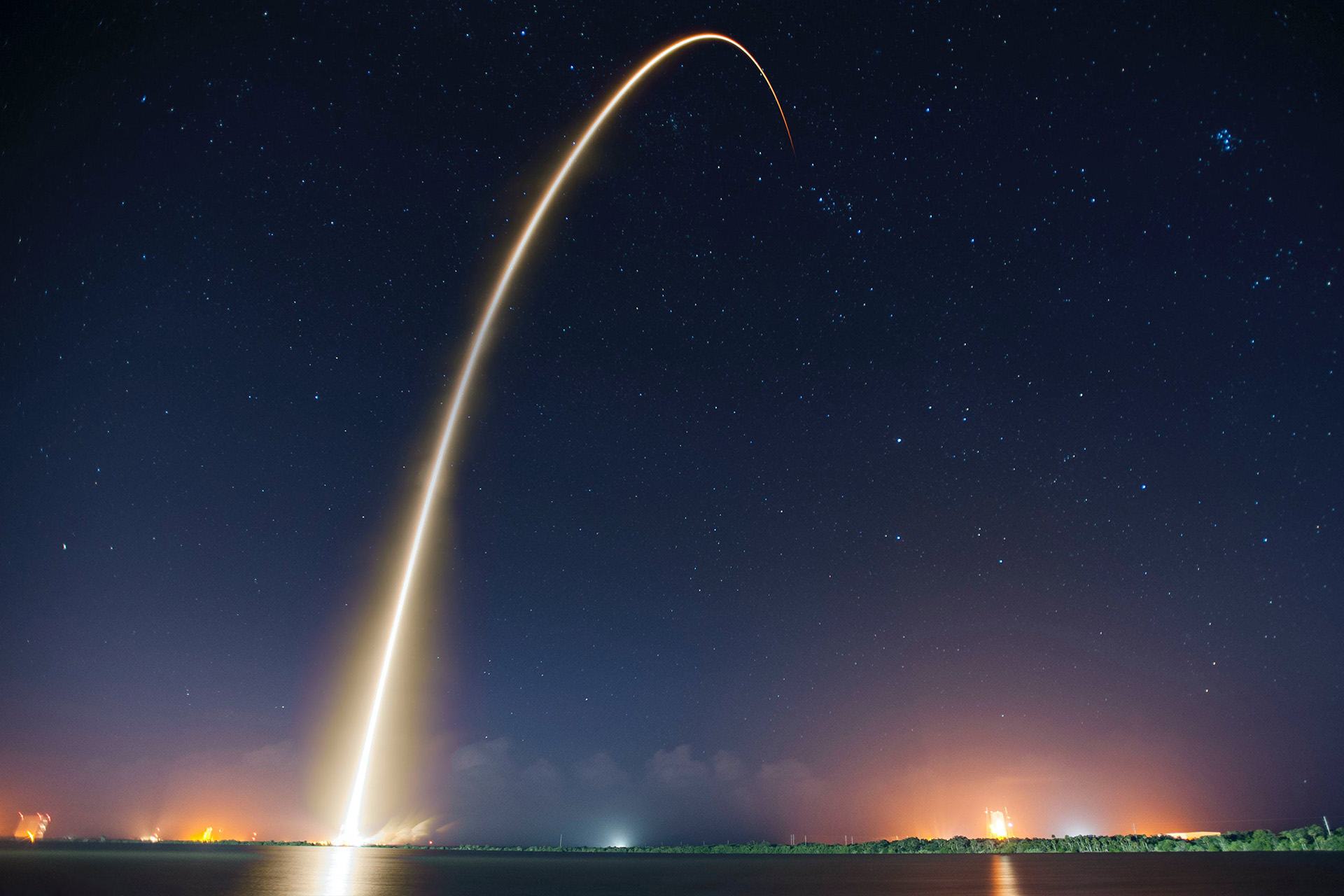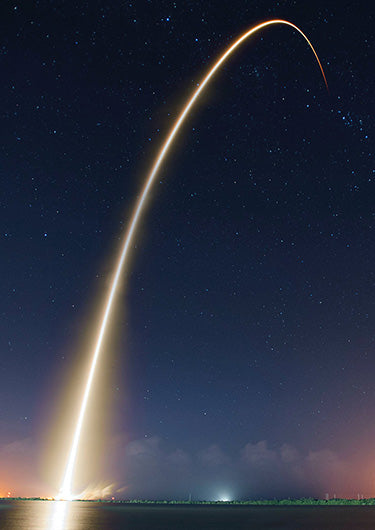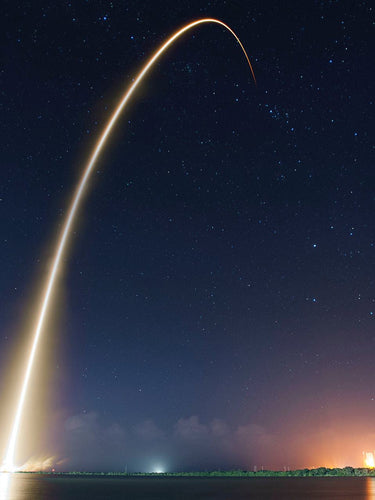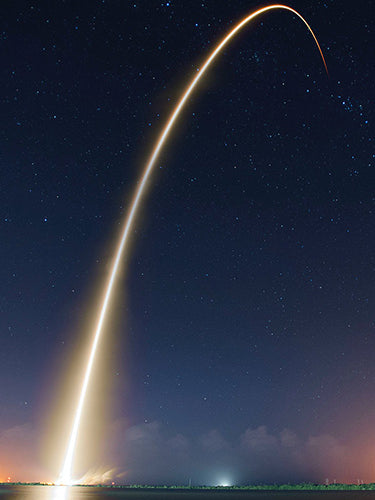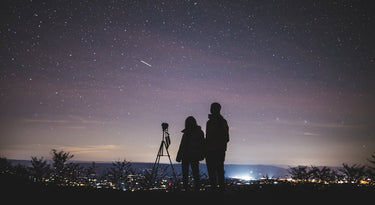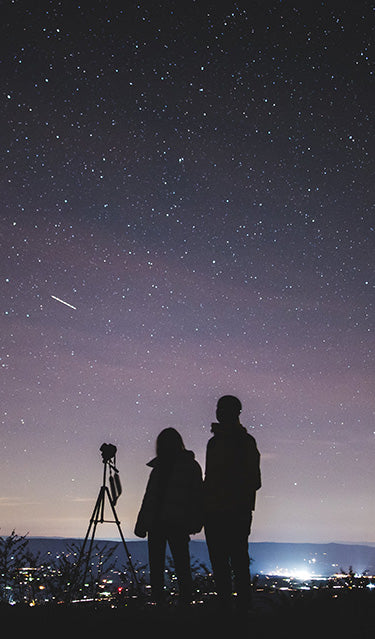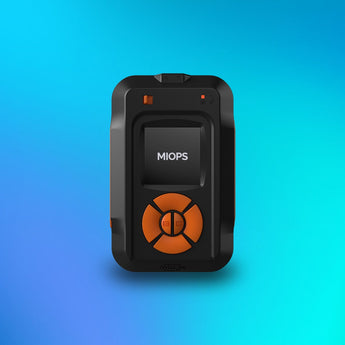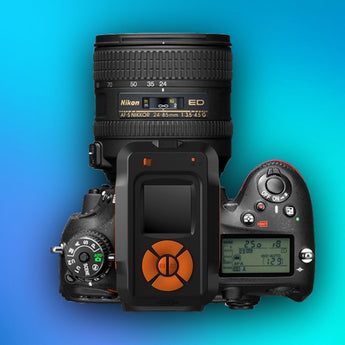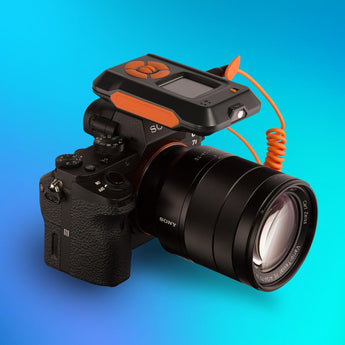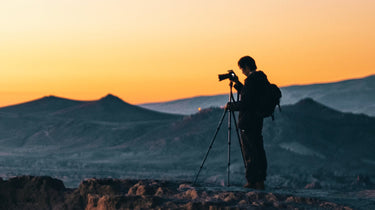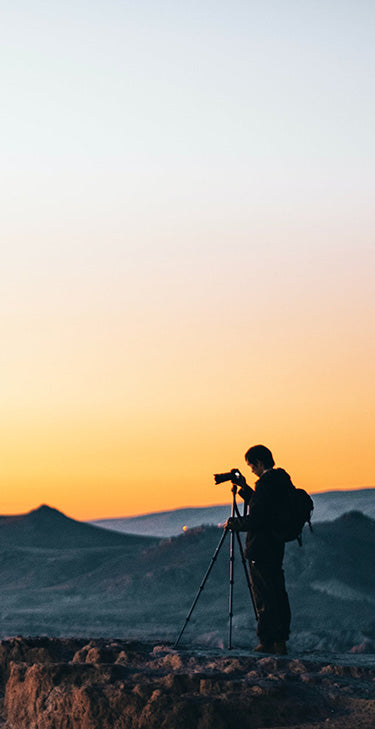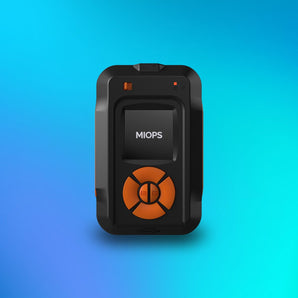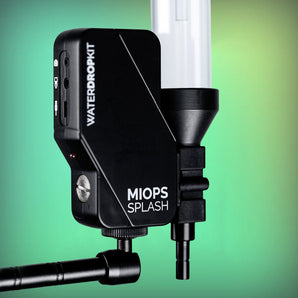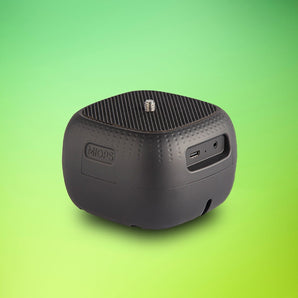Unleash Your Creative Spirit, Capture the Unexpected
MIOPS isn't just about gear. It's about pushing your creative boundaries and capturing the moments that take your breath away. We believe that everyone has the potential to be a storyteller, and our products are designed to empower you to do just that.
 Unleash Your Creative Spirit
Unleash Your Creative Spirit Capture the Unexpected
Capture the Unexpected Unleash Your Creative Spirit
Unleash Your Creative Spirit Capture the Unexpected
Capture the Unexpected Unleash Your Creative Spirit
Unleash Your Creative Spirit Capture the Unexpected
Capture the UnexpectedLong Exposure from Seconds to Hours
Experience the freedom of long exposure photography without the constraints of your camera's built-in capabilities. Our solution extends exposure times from seconds to hours, opening a world of creative possibilities.


Embedded ND Filter Calculator
Enhance long exposure shots using our ND Filter Calculator. Quickly find perfect exposure settings for your ND filter, and start the exposure with just one click on your smartphone.
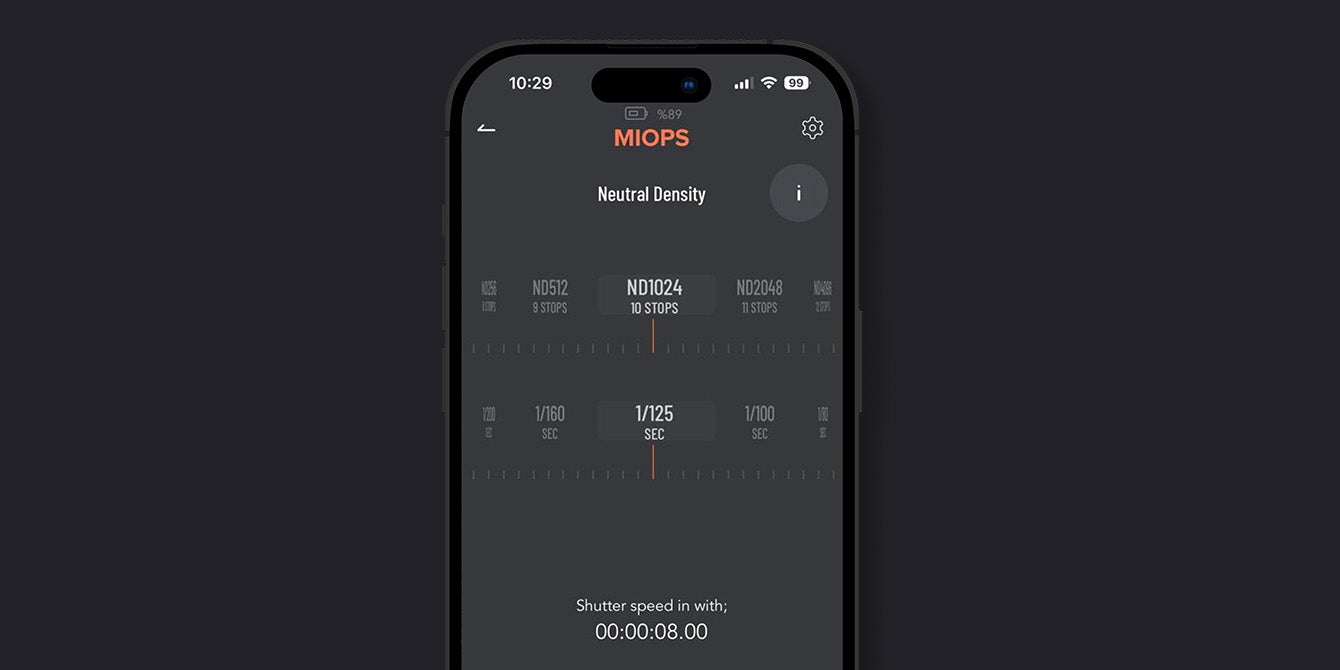
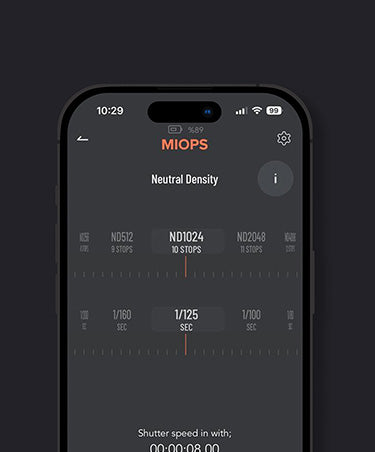
Get Professional Results
MIOPS simplifies the art of long exposure photography, allowing anyone to capture stunning and surreal images. Perfect for beginners and experienced photographers alike, it allows you to effortlessly capture those fleeting, fascinating scenes, resulting in breathtaking photos that will leave you in awe.
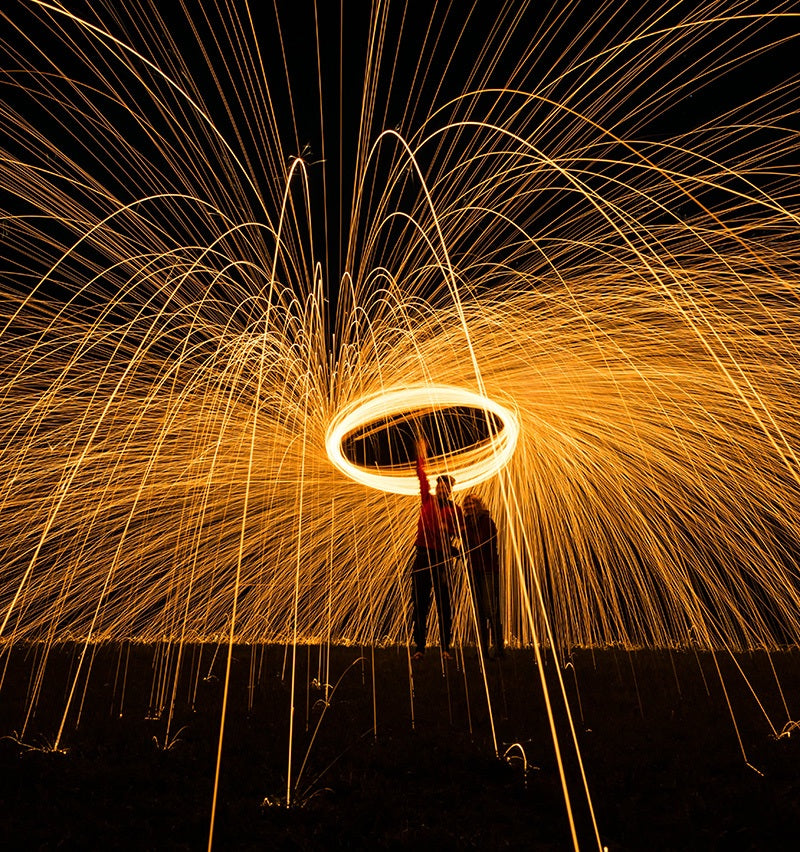
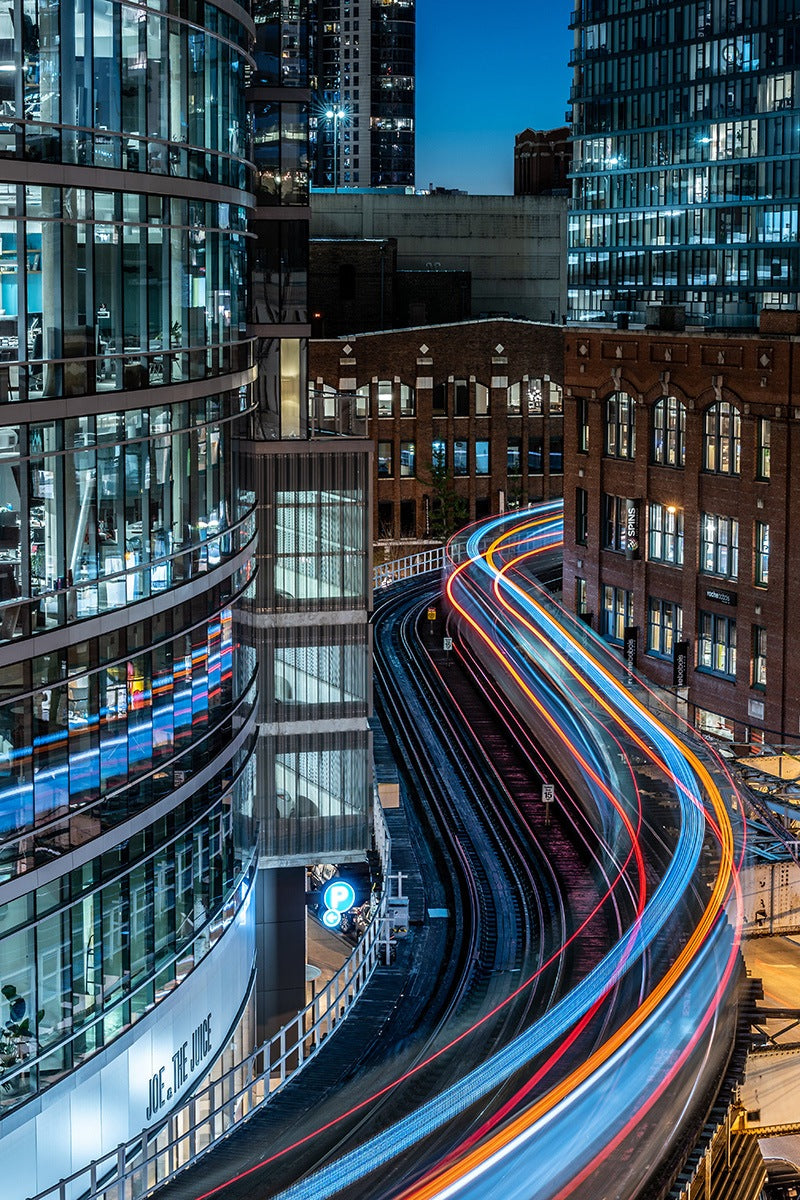
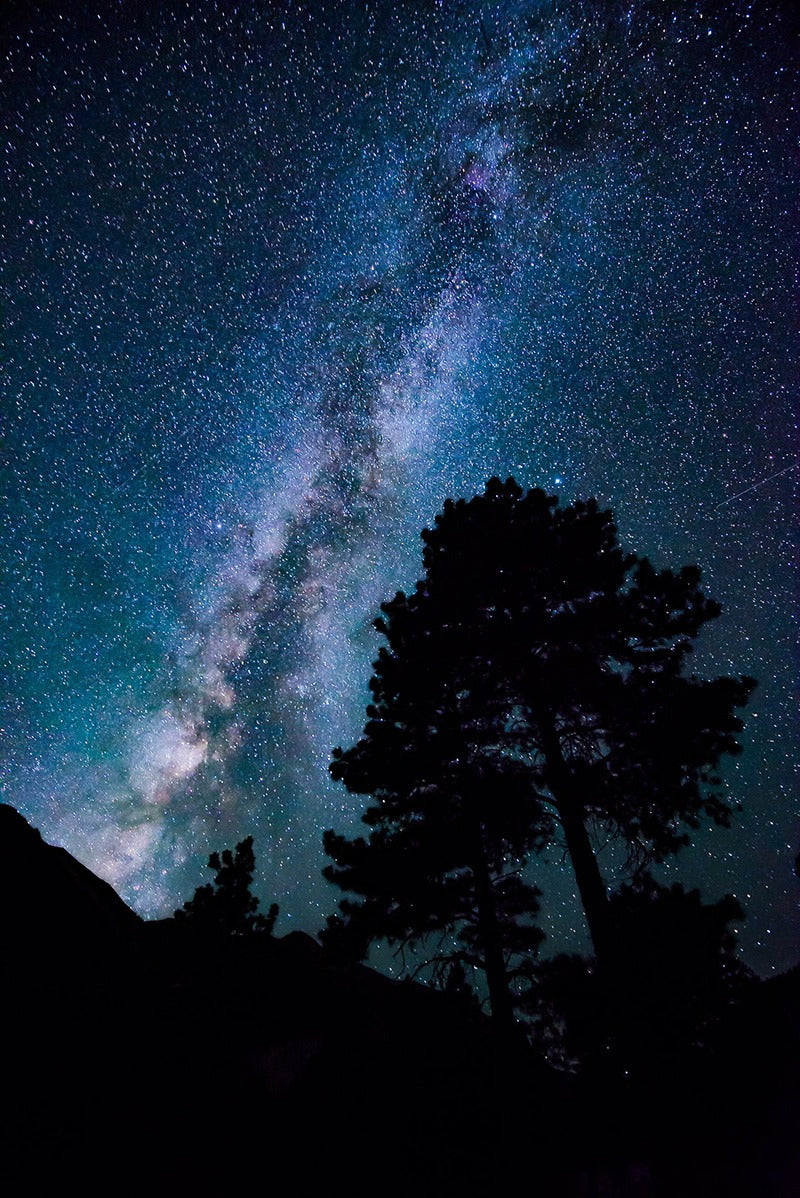
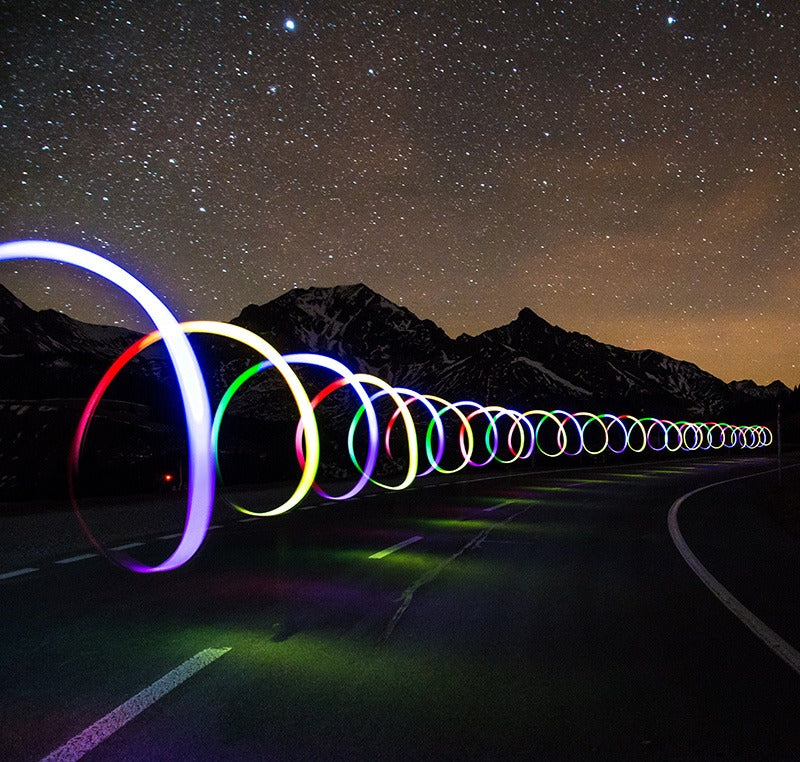
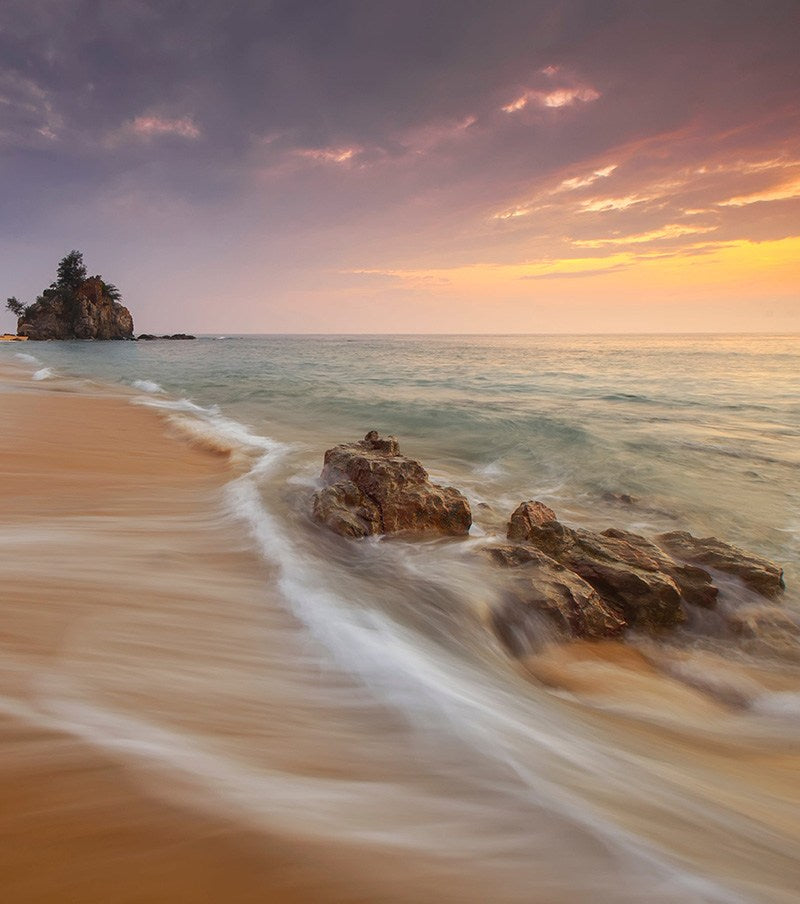
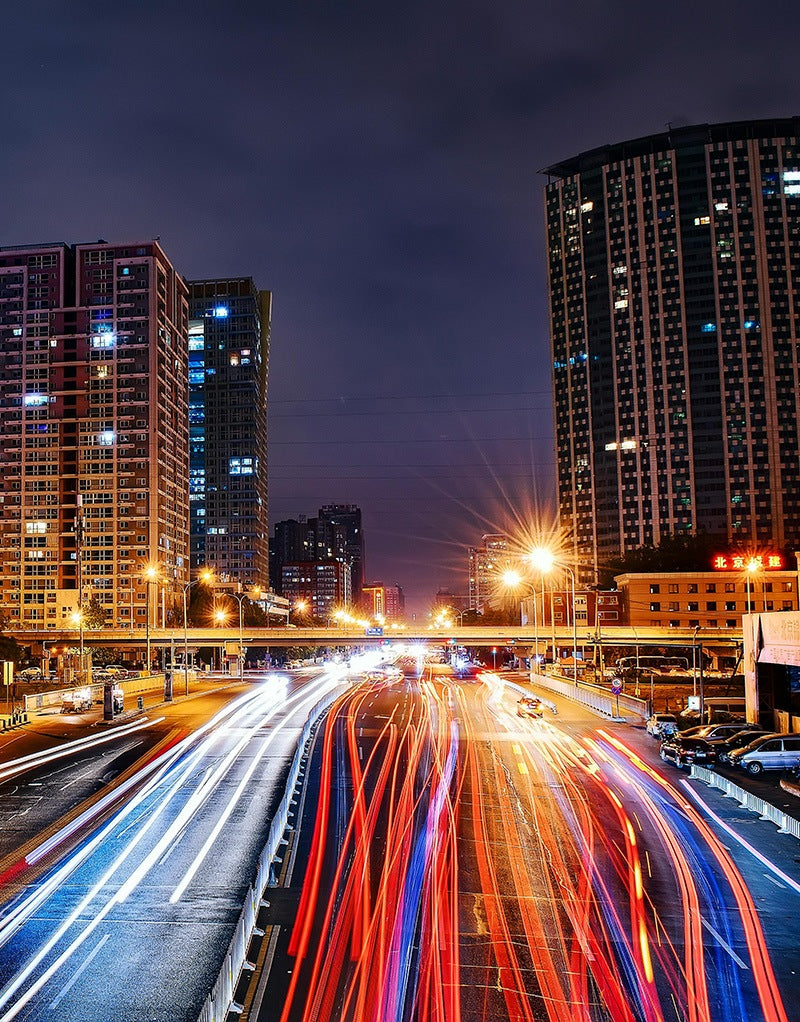
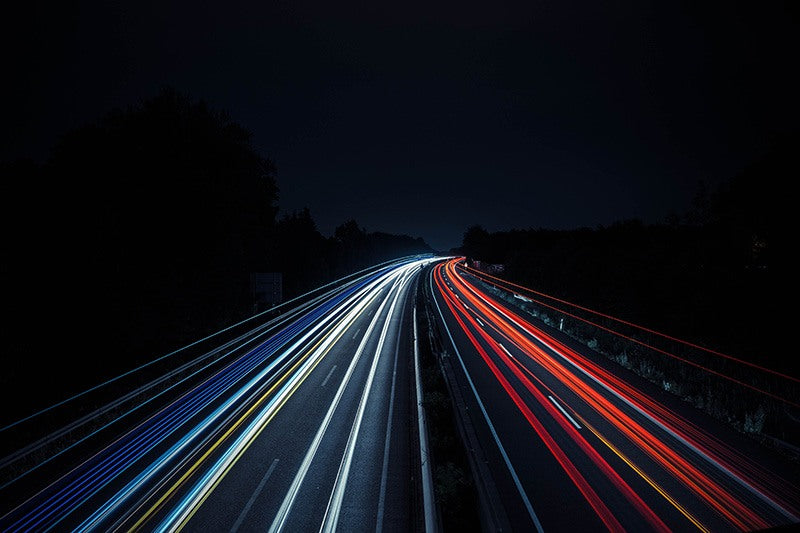







Get Your Camera Trigger for Long Exposure Photography
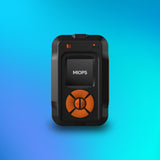
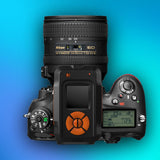
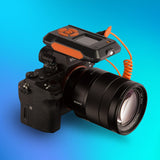
Take almost impossible photos by turning your camera into a high-speed capture device!
MIOPS Smart Trigger is a versatile camera trigger in a single unit and provides advanced triggering modes like Lightning, Sound, Laser, Timelapse, HDR and more.
Newsletter
Be the first to know about exclusive offers, photography tips, and product updates.
Join our newsletter today and unleash your creative potential.
Learn More About Long Exposure Photography
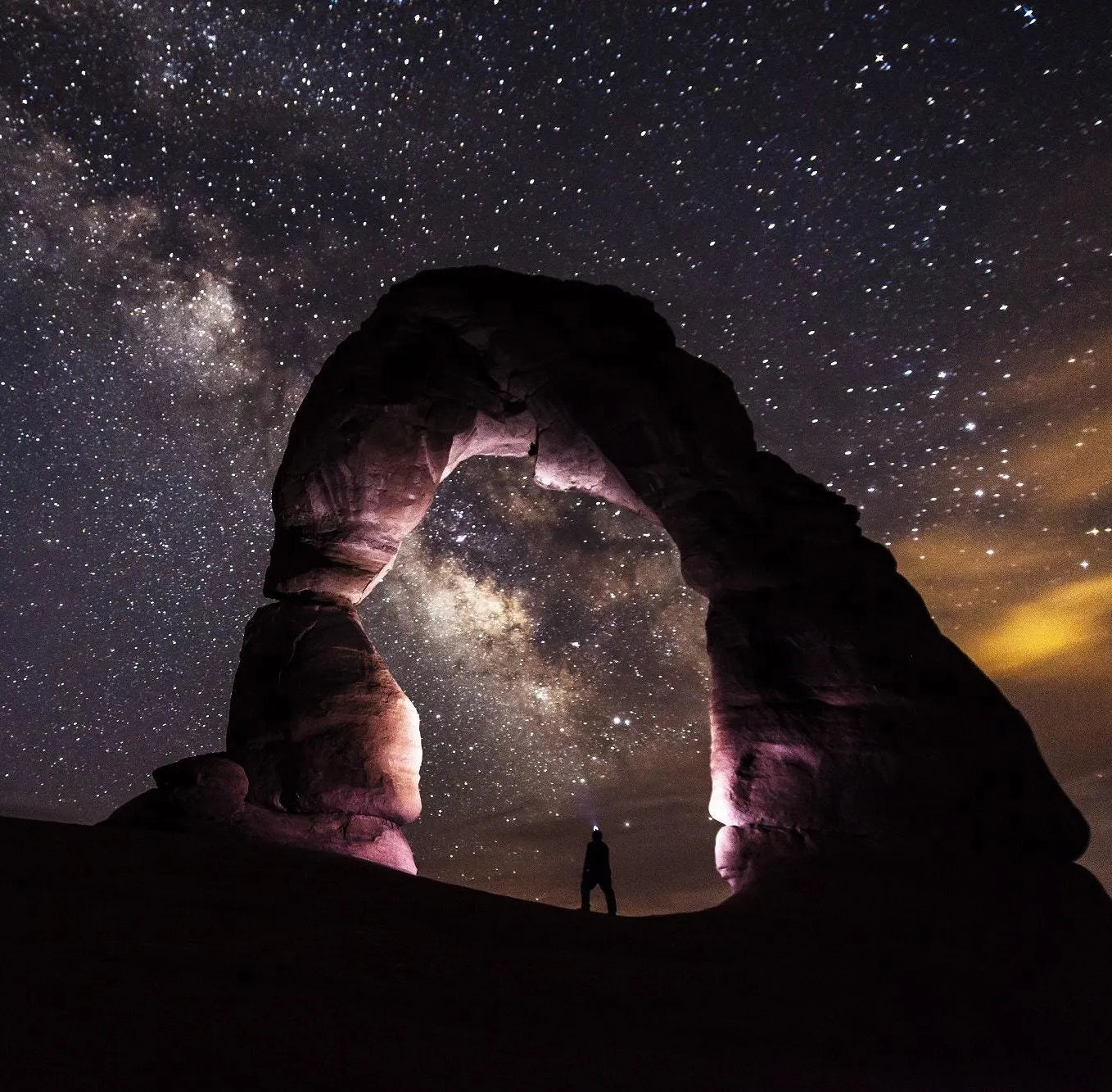
What is Long Exposure Photography?
Long exposure photography is one of the most effective techniques in creating unique visual effects that is being used in a variety of photography genres. This is done by setting the camera to take exposures of a few seconds to a few minutes long to allow more light and movement to be recorded by the camera. Capturing long exposure photos have two common goals. The first is to capture more light in a relatively dark setting.
This allows the camera to record images brighter than the actual scene without sacrificing image quality. The second goal is to capture any movement of luminant elements in the scene that may create light trails that render interesting patterns and textures. This can be used in the movement of cars, people, clouds, or flowing water. By doing long exposures, the photographer can enhance their visual design by using these effects to masterfully refine and enhance the entire image.

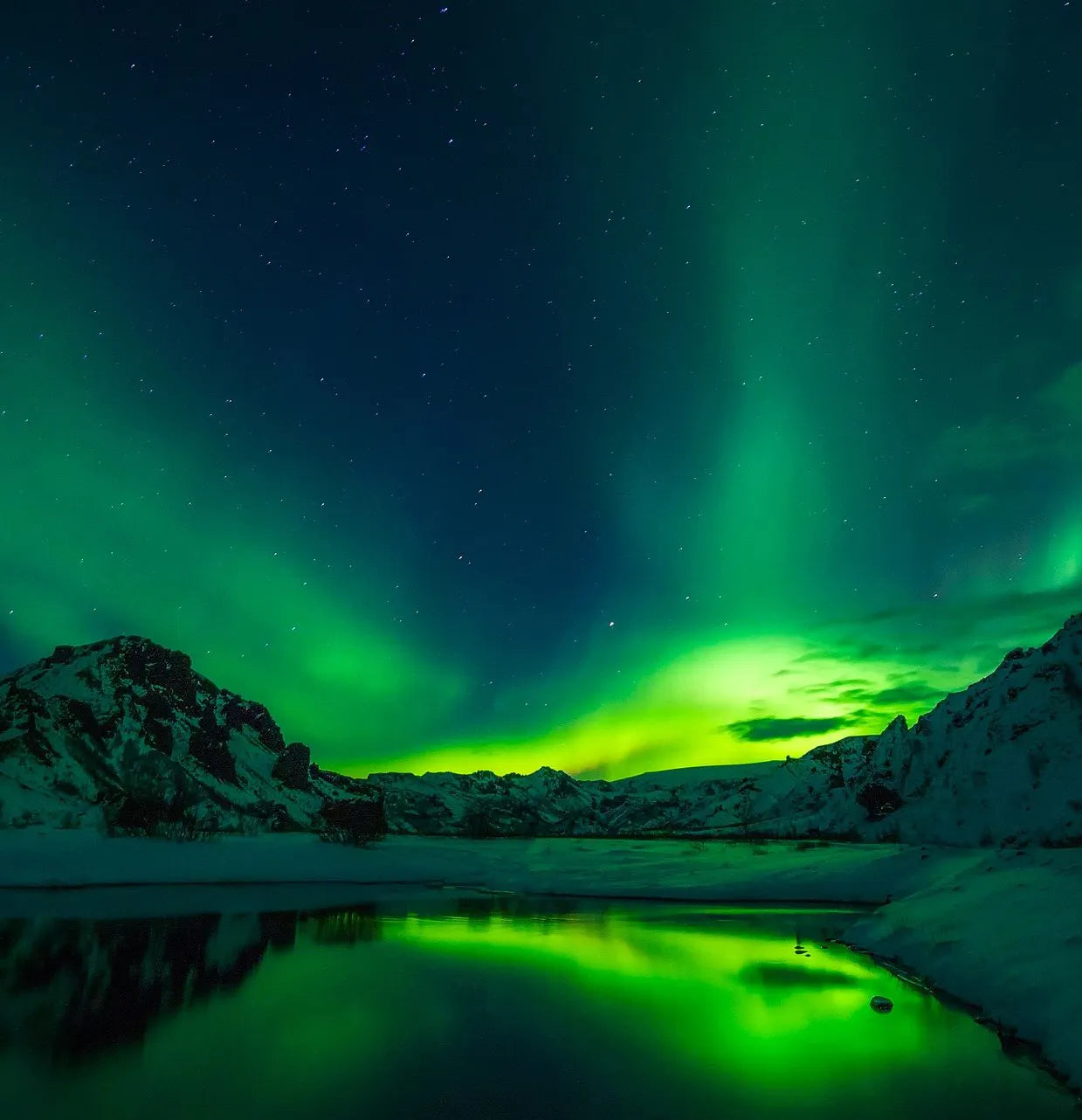
Types of Long Exposure Photography
Long exposure techniques are widely used in a multitude of different photography genres and workflows with different long exposure photography types. Landscape photography, among all of them, is perhaps the most common genre that uses long exposure techniques. At night, landscape photographers shoot long exposure to get clean images in low light, as well as capture the relatively dim night sky. During the day, landscape photographers use filters to do long exposures and capture the movement of clouds, water, and other moving elements. Other long exposure types include shooting stationary objects with surrounding light sources through light painting, as well as capturing light trails from moving cars and other vehicles.
Long exposure is also used in photographing architecture. Much like in landscape photography, long exposure can be used to achieve balanced exposures and refine textures in the foreground and background. Some photographers also take long exposures in shooting indoors for real estate photography to compensate for a variety of lighting challenges.

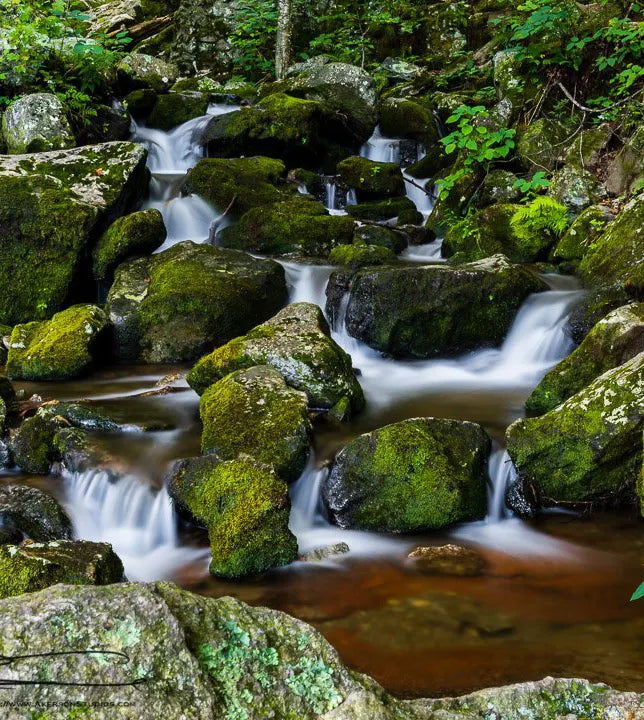
Recommended Equipment for Long Exposure Photography
Long exposure photography is a good technique to try with almost any camera but some are more efficient as long exposure photography equipment. Even smartphone cameras nowadays are able to do long exposures. However, it would be best to use a DSLR or mirrorless camera with full manual functions for more control of all significant exposure settings necessary to achieve balanced exposures.

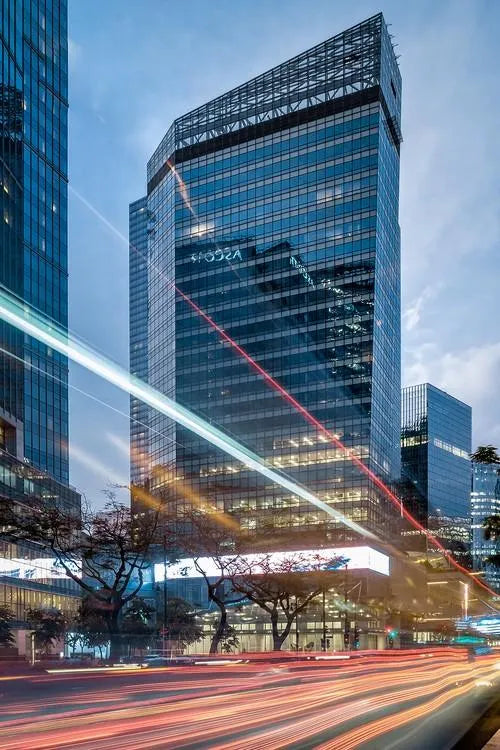
How to Take Perfect Long Exposure Photos? Recommended Settings
Creating breathtaking long exposure images requires a balance of good composition and the right long exposure settings. In determining the right settings for your photograph, there are various factors to consider. The first is the speed of movement of the moving element that you are using to create motion blur. The simplest tip is to make sure that your exposure takes around the same time as the duration of the movement of the object across your frame or within the space that it moves.
After setting your exposure time, the ISO and aperture are set to compensate for the changes in luminosity made by the exposure time or shutter speed. The goal is to achieve clean and sharp images so ISO is kept as low as possible and aperture around f/8 to f/16 to keep most of the frame in focus unless you intend to blur out some elements in the foreground or background. For images in low light with no significant moving element, the goal for long exposure photography settings is to find a long enough shutter speed that will allow you to use your desired aperture and ISO altogether.

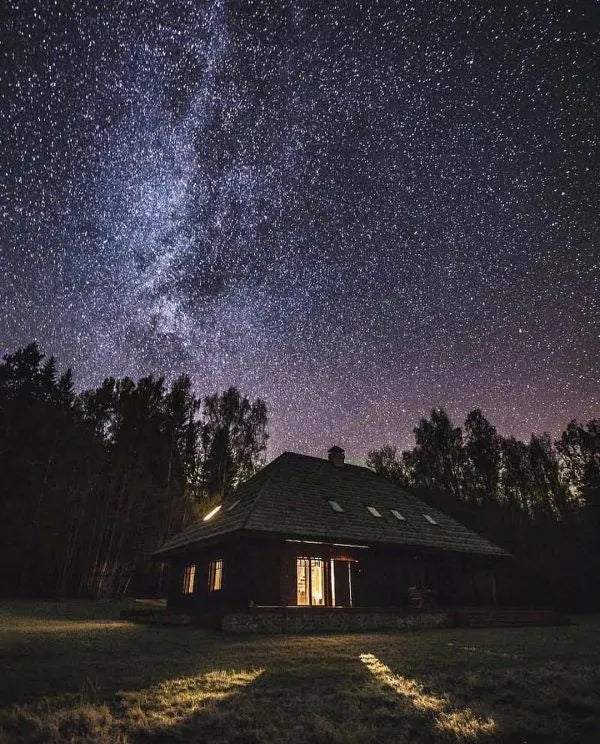
Tips for Long Exposure Photography? How to Make it Easier?
Mastering long exposure requires significant practice as well as trial and error. With enough experience, you will know the right long exposure photography tricks to use in a given situation. Different scenarios call for different exposure lengths. Fast moving objects such as crashing waves or moving cars only need a few seconds while slow moving objects such as still waters or clouds in the sky often require 30 seconds or more. There are generally different long exposure tips and styles to follow with every kind of scenario.
A good tool to use for easier long exposure photography tricks is an exposure calculator. This tool asks you to input base settings depending on what generally gives a good balanced exposure in the given scenario. The calculator or app then estimates the needed adjustments to achieve your desired exposure length, or the needed exposure length to achieve the same brightness when using ND filters.

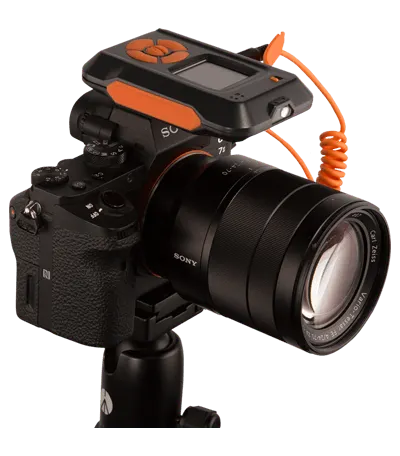
What is Smart Camera Trigger and Why Should We Use it?
The MIOPS Smart+ is an intelligently designed camera remote and camera trigger that offers many functions perfect for long exposure photography along with other specialized photography workflows. The MIOPS Smart works as an app controlled device allowing you to trigger your exposures from your smartphone. It also allows you to set your desired shutter speed and apply time delay for precise timing and length.
The Smart+ also offers added trigger sensors that can trigger the camera with flashes of light, loud sounds, and/or movement to work in combination with your long exposure settings. The MIOPS mobile app that was created for perfect use with the MIOPS triggers also features an exposure calculator and ND filter calculator tool that will help you decide on exposure settings and eliminated the need for test shots and unwanted errors. Alongside these, the Smart+ also offers various interval shooting modes for multiple exposure and timelapse workflows.



